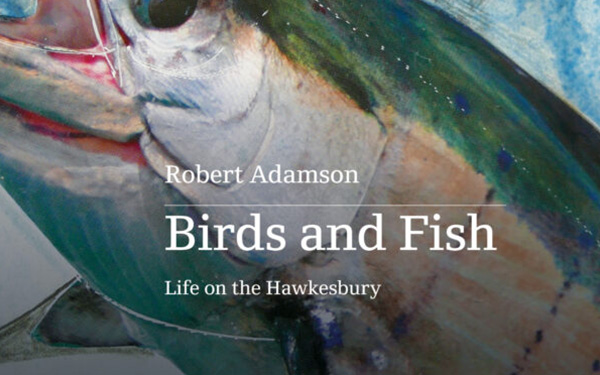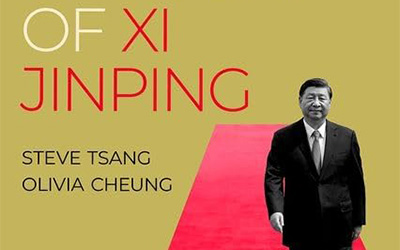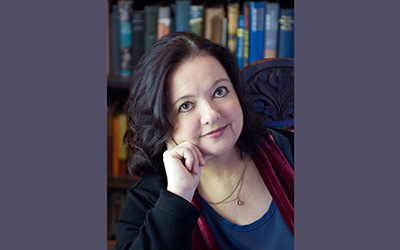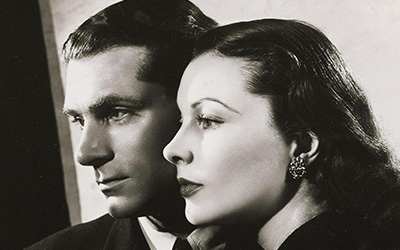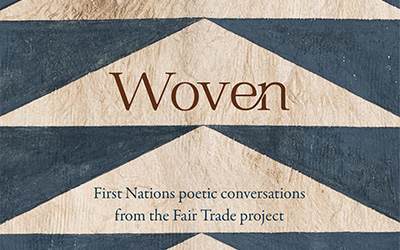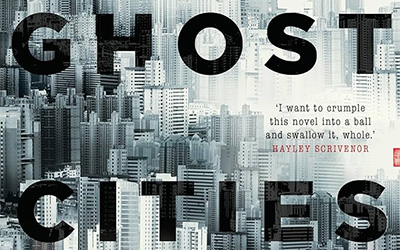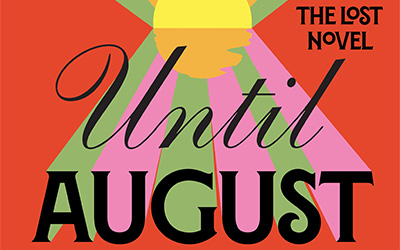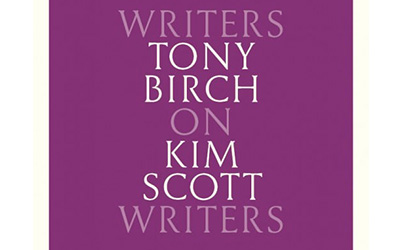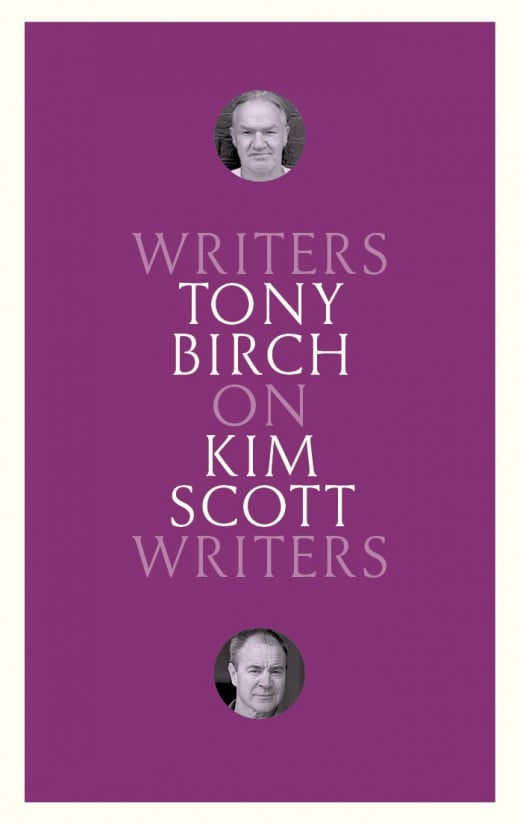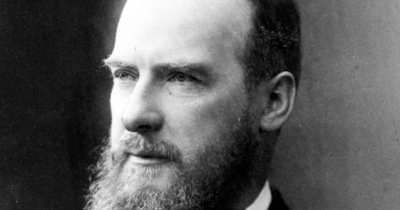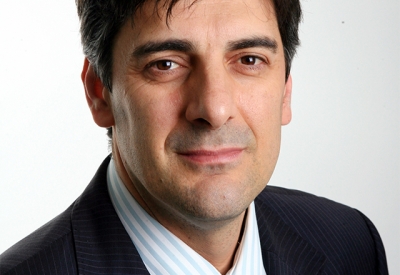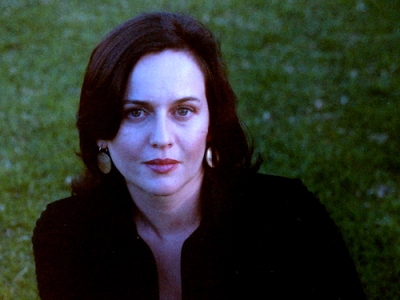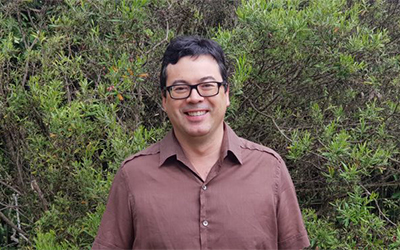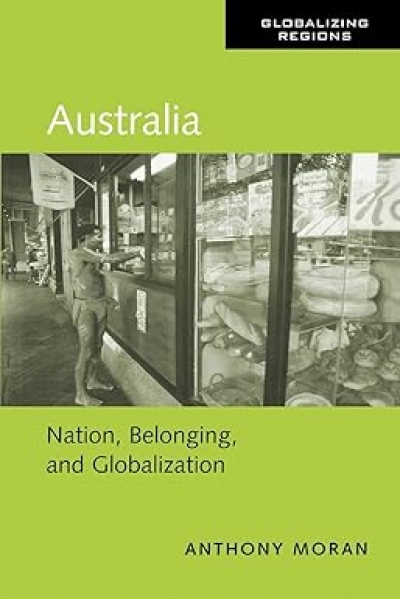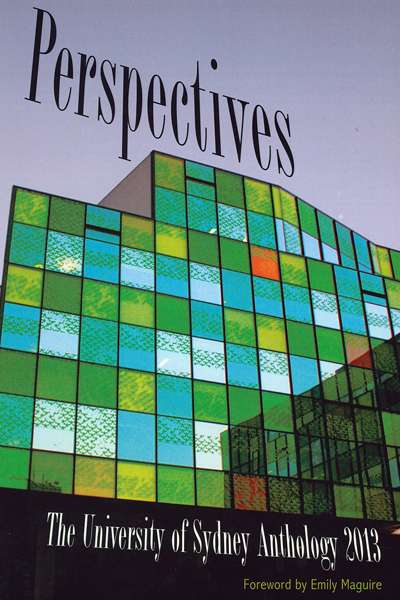Memoir
Birds and Fish: Life on the Hawkesbury by Robert Adamson, edited by Devin Johnston
by Simon West
In the year leading up to his death, the poet Robert Adamson (1943-2022) gathered together a selection of his work that focused on one of his enduring passions: the birds and fish of the Hawkesbury River, beside which Adamson lived much of his life. Adamson was best known for exploring this passion in poetry, but the pieces collected in this new book are works of prose and include selections from Adamson’s autobiography Inside Out (2004), and from his late collection, Net Needle (2015). They also include material that is likely to be less familiar to readers, pieces published in the magazine Fishing World, and extracts from a journal Adamson kept between 2015 and 2018 titled ‘The Spinoza Journal’.





